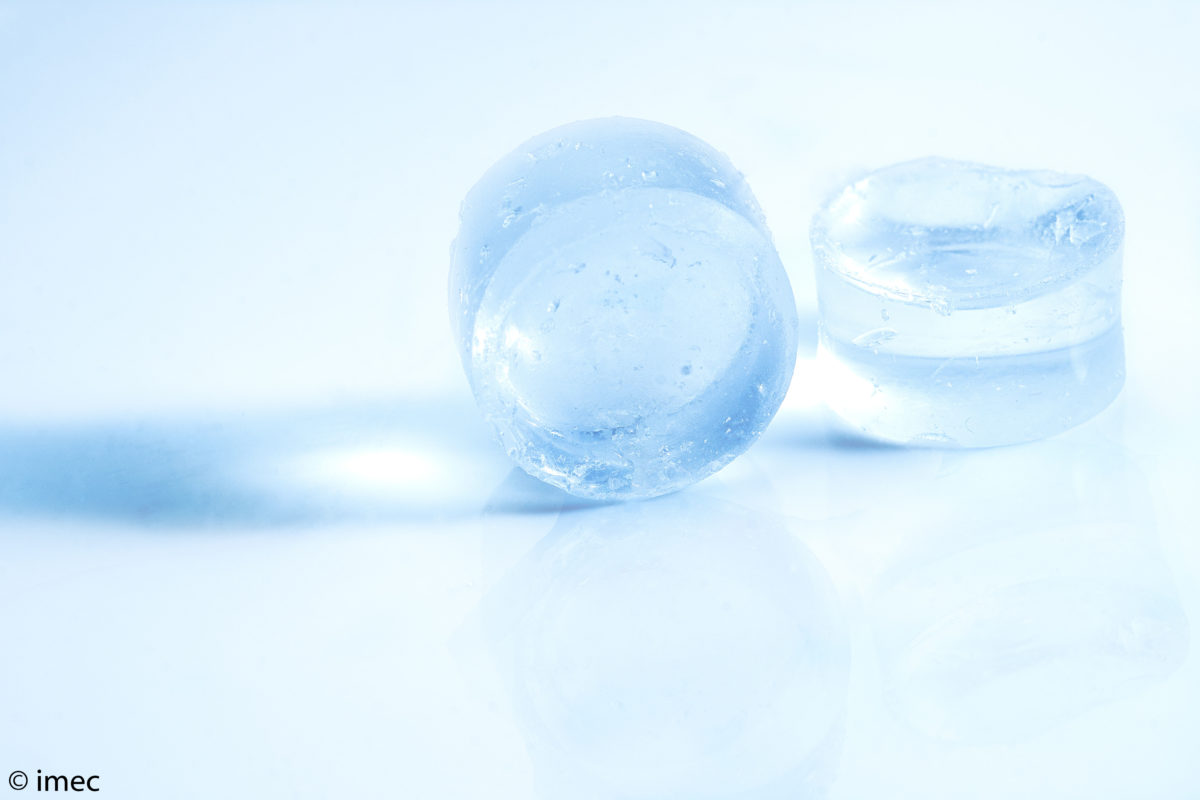A new solid state electrolyte for lithium batteries, developed by Belgium’s imec and Japan’s Panasonic, has demonstrated li-ion conductivities of 3 to 10 mS/cm at room temperature, which is an exceptionally high conductivity for solid state electrolytes.
The partners, however, have a much more ambitious goal ahead to develop solid nanocomposite electrolyte materials towards 100mS/cm in the next few years, and thus make them suitable for fast-charging high-energy cells used in electric vehicles and electronics.
“One of the unique benefits of imec is that we can leverage our state-of-the-art semiconductor knowledge to solve challenges in other research domains such as smart energy,” stated Philippe Vereecken, principal member of technical staff and program manager at imec. “This is what we have done to develop a novel solid nanocomposite electrolyte (SCE) which is deposited from solution. The wet chemical preparation route allows the solid-state electrolyte to be casted into powder electrodes, where it solidifies while remaining mechanically pliable. This paves the way to batteries in flexible form factors.”
Popular content
The 3 to 10 mS/cm Li-ion conductivities of 3 to 10 mS/cm is exceptionally high for solid electrolytes, in this case a mesoporous silica monolith functionalized with surface chemistry and ionic salts, applied via wet chemical coating.
“Moreover, using our new electrolyte technology, we have demonstrated rechargeable solid-state Li-ion batteries with lithium titanate (Li4Ti5O12) as negative electrode and lithium iron phosphate (LiFePO4) as positive electrode,” he added.
This content is protected by copyright and may not be reused. If you want to cooperate with us and would like to reuse some of our content, please contact: editors@pv-magazine.com.



By submitting this form you agree to pv magazine using your data for the purposes of publishing your comment.
Your personal data will only be disclosed or otherwise transmitted to third parties for the purposes of spam filtering or if this is necessary for technical maintenance of the website. Any other transfer to third parties will not take place unless this is justified on the basis of applicable data protection regulations or if pv magazine is legally obliged to do so.
You may revoke this consent at any time with effect for the future, in which case your personal data will be deleted immediately. Otherwise, your data will be deleted if pv magazine has processed your request or the purpose of data storage is fulfilled.
Further information on data privacy can be found in our Data Protection Policy.